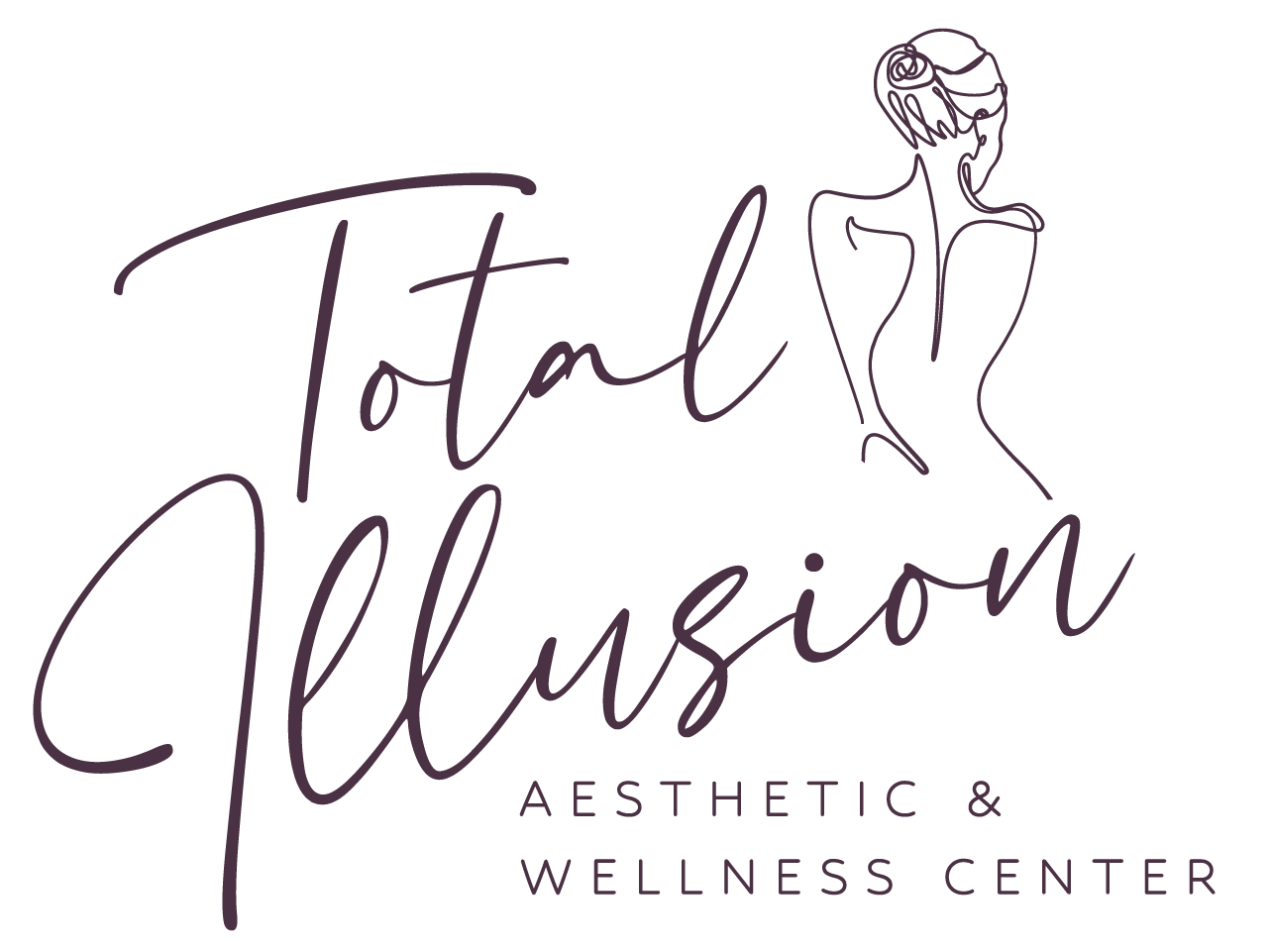How TMS Enhances Brain Function
So we know about growth factors for the skin to create new collagen and elastin but what about growth factors for the brain?!
Repetitive Transcranial Magnetic Stimulation (rTMS) is a non-invasive brain stimulation technique that has gained attention for its potential in treating neurological and psychiatric disorders. One of the key ways rTMS exerts its benefits is by increasing Brain-Derived Neurotrophic Factor (BDNF), a crucial protein that plays a significant role in brain health, neuroplasticity, and cognitive function.
What is rTMS?
rTMS involves delivering magnetic pulses to specific regions of the brain to modulate neural activity. It has been widely used in clinical settings for treating depression, anxiety, and neurodegenerative diseases like Parkinson’s and Alzheimer’s. By influencing neural circuits, rTMS promotes brain plasticity and enhances mental well-being.
Understanding BDNF and Its Role in Brain Health
Brain-Derived Neurotrophic Factor (BDNF) is a protein that supports neuron survival, growth, and differentiation. It is essential for:
Enhancing synaptic plasticity (the ability of neurons to strengthen or weaken connections based on activity)
Promoting neurogenesis (the formation of new neurons)
Supporting memory formation and learning ability
Reducing the effects of stress and inflammation in the brain
How rTMS Increases BDNF Levels
Several studies suggest that rTMS can significantly boost BDNF expression, leading to improved brain function. The mechanisms behind this include:
Neuroplasticity Enhancement – rTMS stimulates neuronal activity, which promotes the release of BDNF, fostering neural growth and connectivity.
Regulation of Gene Expression – rTMS can activate genes responsible for producing BDNF, increasing its availability in the brain.
Reduction of Neuroinflammation – Chronic stress and neurological disorders can lower BDNF levels, but rTMS helps counteract these effects by reducing inflammation and oxidative stress.
Improved Mood and Cognitive Function – Since BDNF plays a crucial role in mood regulation, the increase in its levels through rTMS can help alleviate symptoms of depression and anxiety.
Clinical Applications of rTMS and BDNF Enhancement
Due to its ability to increase BDNF, rTMS is being explored for several therapeutic applications, including:
Depression and Anxiety Treatment – Many individuals with depression have lower BDNF levels, and rTMS can help restore balance.
Cognitive Enhancement – rTMS may improve memory and learning abilities by strengthening neural connections.
Neurodegenerative Disease Management – In conditions like Alzheimer’s and Parkinson’s, boosting BDNF can slow disease progression and improve cognitive function.
Mental Wellness Tips
In addition to rTMS, incorporating mental wellness strategies can further enhance brain health and well-being:
Prioritize Sleep: Aim for 7-9 hours of quality sleep per night to support brain function and emotional well-being.
Stay Active: Engage in regular physical activity, such as walking, yoga, or strength training, to reduce stress and boost mood.
Practice Mindfulness: Meditation, deep breathing, and grounding techniques can help manage anxiety and improve focus.
Maintain a Balanced Diet: Eat nutrient-rich foods, including omega-3s, antioxidants, and probiotics, to support brain health.
Connect with Others: Build strong relationships and social connections to enhance emotional resilience.
Set Boundaries: Learn to say no and protect your time and energy to prevent burnout.
Engage in Hobbies: Spend time doing activities you enjoy to reduce stress and cultivate a sense of fulfillment.
Limit Screen Time: Reduce exposure to social media and excessive news consumption to prevent information overload.
Practice Gratitude: Keep a gratitude journal or take moments to reflect on the positives in your life.
Seek Professional Help: Therapy, counseling, or mental health support groups can be valuable for long-term wellness.
Stay Hydrated: Proper hydration helps maintain cognitive function and mood stability.
Challenge Negative Thoughts: Reframe negative self-talk and focus on constructive, positive thinking.
Engage in Lifelong Learning: Stimulating your brain through reading, puzzles, or new skills helps maintain cognitive sharpness.
Spend Time in Nature: Being outdoors, even for a short time, can improve mood and reduce stress levels.
Establish a Routine: Consistency in daily habits can provide stability and reduce feelings of chaos or overwhelm.
Conclusion
rTMS is a promising tool in modern neuroscience, with its ability to enhance BDNF levels playing a crucial role in its therapeutic benefits. By stimulating neuroplasticity and cognitive function, rTMS offers new hope for individuals suffering from mental health disorders and neurodegenerative conditions. As research continues, the potential applications of rTMS in brain health and rehabilitation are likely to expand, making it an exciting field to watch. Additionally, incorporating daily mental wellness practices can further support cognitive health and overall well-being.



